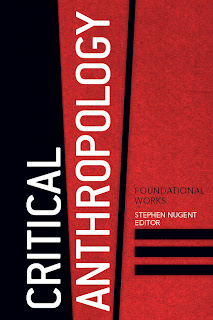Links & Contents I Liked 73
Hello all, This week's review t urned out to have a peace , conflict & gender focus, featuring new research on local accountability, violence & disability , results-orientation in peacebu ilding, Quaker h isto ry & memory, all-male (peace) conferences and a great blog on Z imbabwe. But make sure to leave room for a brilliant 'Letter to a Social Entrepreneu r' and more reflections on the end of 'educational cartels'. And for the very bra ve there's even a 15 minute interview with Aidnography on development HR, generational shifts & the risk of me dicalizing humanitarian work risks. Enjoy! New on/from aidnography AidWorks 17th April 2013. Tobias Denskus discusses development HR & Generation Z People in Aid recently released a report on the state of Human Resourcing in development organisations, with results that were less than encouraging. Calling for a promotion of Human Resourcing within aid and development organisations as a specialist ski

